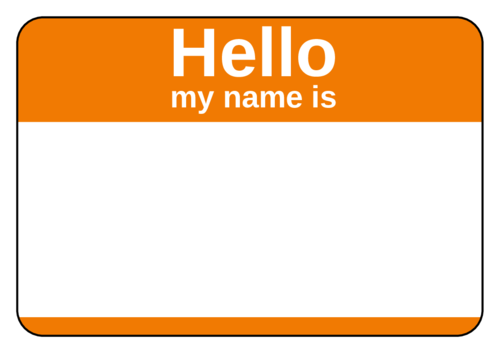
This week's parsha is Vayera. Abraham and Sarah graciously and without hesitation welcome three wandering strangers into their tent and offer them a meal. It is the perfect illustration of Middle Eastern hospitality and the Jewish value of hachnasat orchim (welcoming guests). These are important values at any time of year, but so much more so in the coming weeks as we plan on hosting a sheva brachot next Friday for Moreh Simon and Jess to celebrate their marriage, and as we begin preparing for the Thanksgiving Community Feast on November 20.
At home, you can take advantage of family meal times to teach your children how to be good hosts -- and good guests. Besides reminders about saying please and thank you, what about teaching them how to offer someone else some bread before taking some for themselves? Or offering to pass the chicken, or spoon some peas onto someone else's plate? What about volunteering to help clear the table after the meal is over? More importantly, what about how to be a good conversationalist, how to ask someone questions, and really listen to their answers?
We hope you can join us in the coming weeks so that we can welcome you to our table!


